Section: Environment
There are more than 200 results, only the first 200 are displayed here.
-
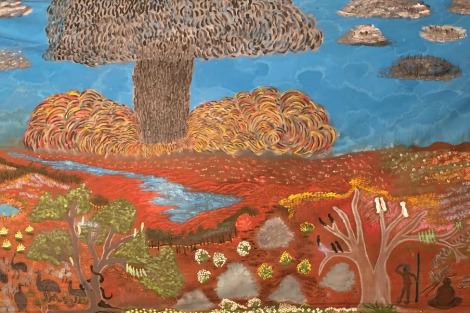
ENVIRONMENT
- Michele Madigan
- 26 May 2016
20 Comments
Just how strictly controlled the process is becomes obvious when it emerges that the task of the 50 member Citizens' Jury will be to produce 'a short independent guide to help every South Australian understand the recommendations raised' by the report. ABC news has dubbed this whole process the Premier's 'public relations exercise', and surely they're not wrong. He is urging all South Australians to remain 'open' about the proposal. But are they, including the Citizens' Jury, allowed to be open to refusal?
READ MORE 
-
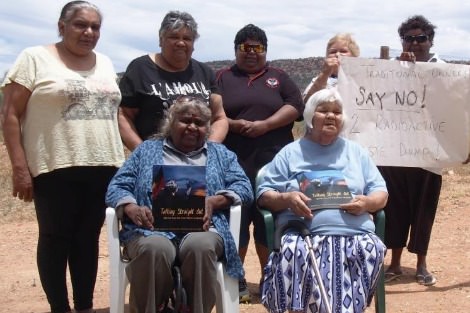
ENVIRONMENT
- Michele Madigan
- 03 May 2016
11 Comments
As fifth century BC Athenian historian and general Thucydides said: 'The strong do what they can, and the weak suffer what they must.' 'I'm sitting here trying to eat my weetbix and keep my thoughts calm,' said Enice Marsh, Traditional Owner for the Flinders Ranges area of SA. Enice and the other Adynamathanha Elders had just received the news that former Liberal Senator Grant Chapman's property Bardioota is 'at the top of the list' to be the site of Australia's national radioactive waste dump.
READ MORE 
-
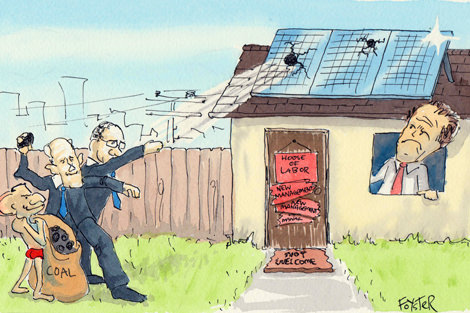
ENVIRONMENT
It was as if Australian politics had regressed four years overnight. No sooner had Labor released its new climate change plan than the Coalition was resuscitating Tony Abbott's 'carbon tax' line. The Coalition's attempt to revive the defining debate of the 2013 federal election won't work. As other commentators have noted, Labor's plan has been carefully crafted to avoid the carbon tax sledge. More importantly, external factors have changed to make a scare campaign less potent.
READ MORE 
-
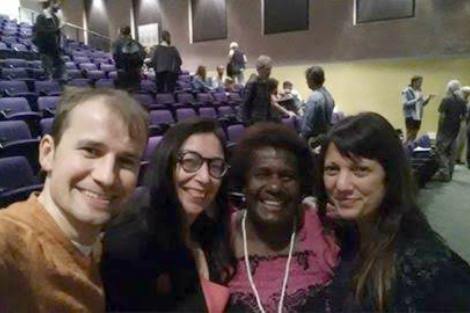
ENVIRONMENT
Ursula Rakova told how the sea that had been the friend of her people, was turning against them. It had crashed through and divided her island in two. Coconut palms were collapsing at the new shoreline. Food gardens were lost, as the soil was increasingly rendered infertile by salty tides that washed over them. The land that had been handed from grandmother to daughter, would bequeath no legacy to the granddaughters. The homeland of generations was disappearing before their eyes.
READ MORE 
-
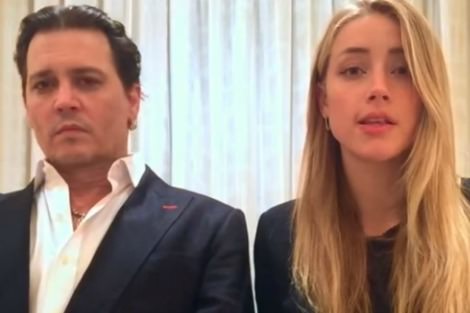
ENVIRONMENT
- Bronwyn Lay
- 21 April 2016
15 Comments
In the face of the increasing environmental destruction legally occurring within Australia's borders, chasing actors Johnny Depp and Amber Heard for bringing their undeclared dogs into Australia in breach of biosecurity laws comes across as a curated media stunt. Like everywhere in the world, Australian environmental law is at a crossroads. On one hand government regulations that permit violence against habitat increase, and on the other, legal challenges against this destruction rise.
READ MORE 
-
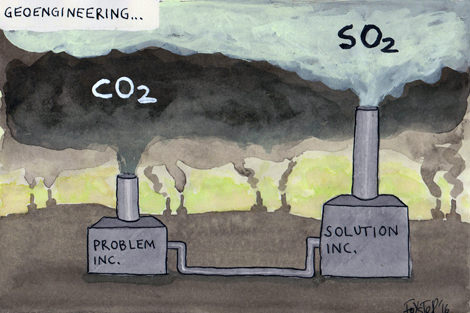
ENVIRONMENT
- Greg Foyster
- 14 April 2016
10 Comments
Geoengineering means intervening in the Earth's climate to offset global warming. It's hacking the planet on a monumental scale. The most widely studied proposal is spraying sulphate particles into the upper atmosphere to reflect sunlight, cooling the planet. The idea comes from huge volcanic eruptions, which can blast millions of tonnes of sulphur into the stratosphere, creating a kind of chemical sunshade. After decades of being taboo, this outlandish scheme is now being taken seriously.
READ MORE 
-
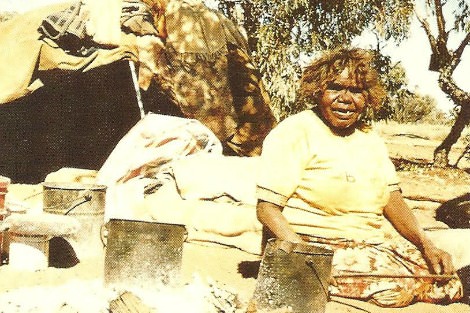
ENVIRONMENT
- Michele Madigan
- 08 April 2016
16 Comments
The passing of Bob Ellis recalls his faithful accompanying of the 1984-1985 royal commission into the British nuclear tests conducted in South Australia in the 1950s and 1960s. His article on the Wallatina hearings described what he named as the commission's 'worst story of all': Edie Milpudie's telling of herself and her family camping, in May 1957, on the Marcoo bomb crater. Re-reading the Ellis article, tears stung my eyes. It's so good when truth is recognised and held up for our freedom.
READ MORE 
-
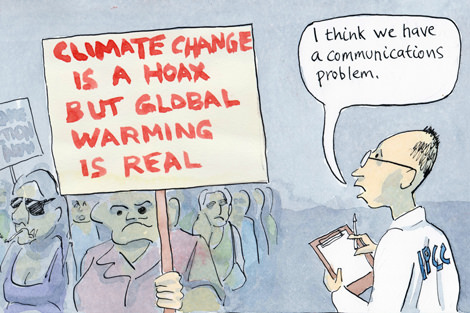
ENVIRONMENT
- Greg Foyster
- 11 March 2016
3 Comments
The best known examples of framing come from American cognitive linguist George Lakoff. He argues that George W. Bush replaced the phrase 'tax cuts' with 'tax relief' to reframe paying tax as an affliction. Embedded in those two words is a neo-conservative worldview against government intervention in the private sphere. If you accept the term, you absorb the worldview. In a similar way, a few words could build political will to tackle climate change. The problem is no one is sure what they are.
READ MORE 